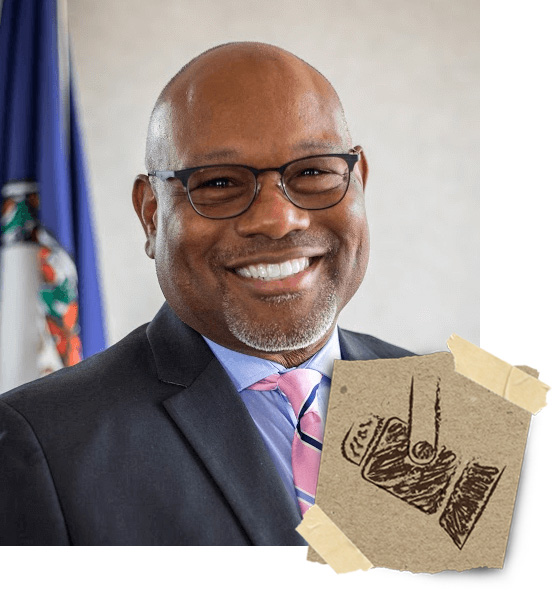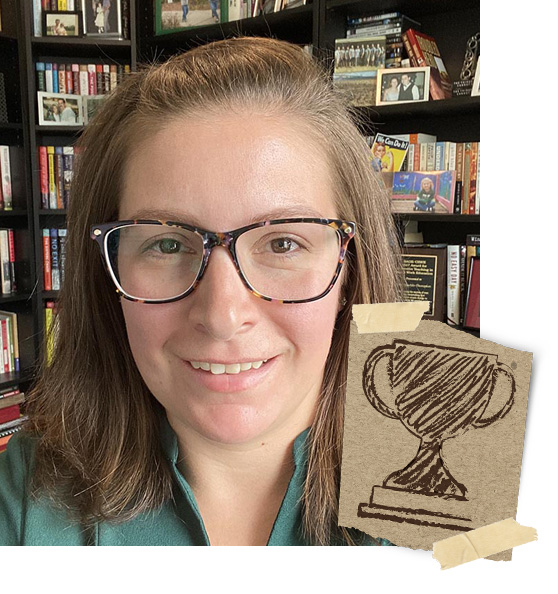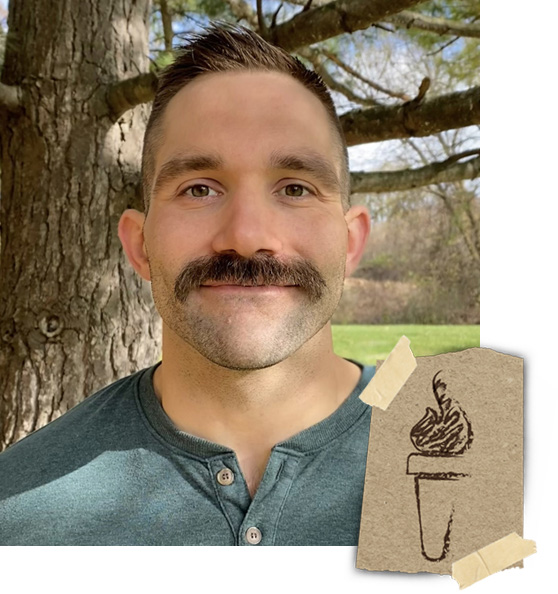Access Spotlight: Mike Alston
November 7, 2025 - Emily Jodway
 This November, we celebrate Veterans Day and honor those who have served in our United States Armed Forces. We also highlight the efforts made by those affiliated with the College of Social Science to support the unique needs of our veteran population. Mike Alston is an alumnus of the MSU School of Criminal Justice and a retired Federal Law Enforcement Officer with experience in the Drug Enforcement Agency and United States Department of Agriculture, culminating in over 35 years of federal service. During his time as Associate Administrator of the USDA’s Risk Management Agency, Alston also served as the Military Veterans Agricultural Liaison, where he helped connect veterans with agricultural employment, education and entrepreneurship opportunities.
This November, we celebrate Veterans Day and honor those who have served in our United States Armed Forces. We also highlight the efforts made by those affiliated with the College of Social Science to support the unique needs of our veteran population. Mike Alston is an alumnus of the MSU School of Criminal Justice and a retired Federal Law Enforcement Officer with experience in the Drug Enforcement Agency and United States Department of Agriculture, culminating in over 35 years of federal service. During his time as Associate Administrator of the USDA’s Risk Management Agency, Alston also served as the Military Veterans Agricultural Liaison, where he helped connect veterans with agricultural employment, education and entrepreneurship opportunities.
Alston recalls always feeling a calling to join the FBI. As a child, he watched The FBI series on television and played with FBI G-Men toys based on agents in the 1930s assigned to high-profile cases involving gangsters and organized crime. During his time at Michigan State, he was recruited by the DEA via a fellow MSU graduate, Al Rose. Shortly after graduation, Alston headed to the FBI Academy in Quantico, Virginia and completed his field training. His first assignment was the Miami Field Office in the 1980s.
While not a veteran himself, Alston felt a resemblance via strong unit cohesion, teamwork, and an ‘all in this together, leave no man behind’ mentality that were present throughout his training and during his time as an agent. “There was a bond, and that bond still remains to this day, very similar to military units and comrades in uniformed service,” he said.
After over 15 years of serving as a DEA Supervisory Special Agent, Alston began work at the USDA. His last assignment with the USDA in particular, the role of Acting Deputy Undersecretary for Farm and Foreign Service, saw him working closely with the veteran population. “At that time, we had a large number of veterans leaving service and returning to civilian life,” Alston explained. “The majority were returning to rural America, and that’s where the USDA comes in.”
The USDA reaches these individuals through the USDA Veterans Employment Program Office , which provides tailored support to help veterans navigate the federal hiring process, access professional development and agricultural training resources, and connect with job opportunities that contribute to the USDA’s mission and the agricultural community at large.
“We were still in the midst of a war in Afghanistan and Iraq, and as soldiers were leaving service, we wanted to make sure that they knew the USDA was hiring,” he added. “We looked at it as an opportunity for military members to continue their service by helping their neighbors in their communities.”
Preparedness and defense are skills that veterans are highly trained in that translate well to roles that involve keeping America’s food supply safe and secure, preserving and strengthening rural communities, and conserving the environment. The USDA also oversees the United States Forest Service, and utilizes this connection to hire veterans as well. Alston and the USDA point to research that shows the mental health benefits of working and spending time outside, whether it’s through farming or forestry service. “That’s where we really thought this partnership with the USDA could be very beneficial for those service members as a transition, having them work outside or work with their hands to help them in their recovery process,” he said.
Oftentimes, veterans need more support in their transition that goes beyond helping them find a job. Many are dealing with PTSD, mental health crises, disabilities, and the everyday struggles of becoming acclimated to civilian life again. Alston calls this a significant ‘adjustment period,’ a time in which it is crucial to connect with veteran services and reach out to support systems.
“Having a support system that is understanding, truly wants to support you, and will work with you to get to the other side and a space where you are healthy … it’s everything,” he said.
One way that Alston would embody this in his own role was to start his interactions with veterans off with a simple conversation. This helped to show that his intentions were true and built up a relationship of trust, as many veterans deal with feelings of wariness and caution that can limit their ability to receive support. “It could be that you try to find some commonalities,” Alston explained. “You could ask them about their favorite sports teams, if they prefer watching college sports or professional sports, and start to build that rapport. Then you can start to ask questions like, ‘Is everything going okay? How are you doing?’ and things can open up.”
The importance of supporting our veterans is something that Alston believes passionately in. “We ask our service members and their families to sacrifice so much … we as a nation should do all that we can to assist in their transition out of the uniform,” he said. “There should be no limits as to what we have to offer those service members returning to civilian life.”
Alston is also proud of the work that his own alma mater is doing to support students from all backgrounds, veterans included. Alston and his wife Michelle are both first generation college students, and partnered with the university to create a graduation stole awarded to first generation students to wear during their graduation ceremonies.
“The university has built an entire infrastructure of support for a host of different students and their needs,” he said. “I’m so proud of the way they have embraced and provided support for each different group, whether it’s student veterans, first generation students, international students, and I love coming back and seeing how much it’s changed for the better.”
Honorees’ views are their own and do not necessarily reflect those of the College of Social Science.
Read more:

Access Champion
Faculty/Staff
Tina Thompson
Tina Thompson is an instructor in the School of Social Work and Coordinator of the Combat Veterans Certificate (CVC), designed for civilians, service members, and veterans who have a passion to help those who have been exposed to the trauma of war or military conflict through their service in the U.S. Armed Forces.

Access Torch
Student
Steven Willis
Steven Willis is a veteran of the US Army and former psychology student in the College of Social Science whose experiences with transitioning into post-military life have inspired him to help others in their own journeys.

Access Matters
We strive to cultivate an inclusive and welcoming college environment that celebrates a diversity of people, ideas, and perspectives.

